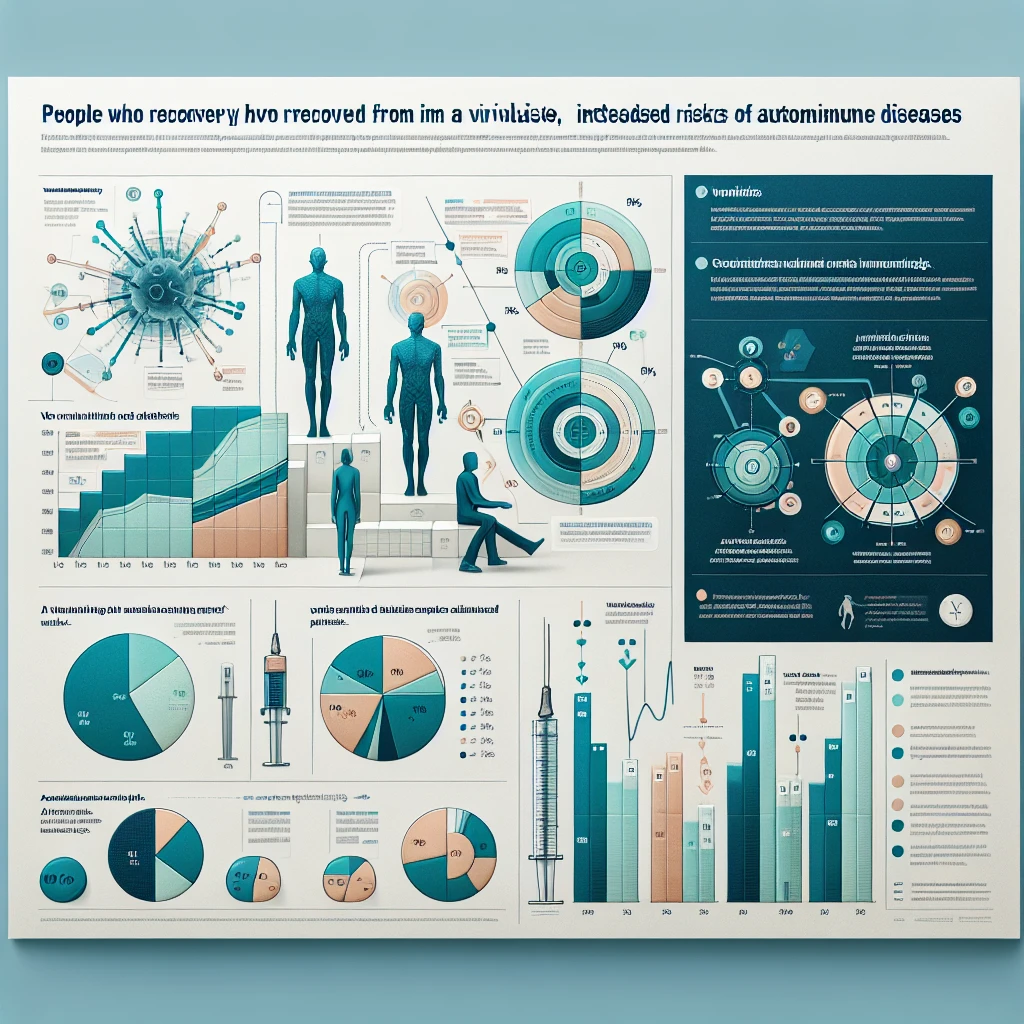World News
Denmark Implements World-First Carbon Tax on Cows to Encourage Plant-Based Eating and Tackle Climate Change
By Jill Lorentz
June 26, 2024

Denmark's decision to implement a carbon tax on agriculture, specifically targeting cows, is a bold and innovative move in the fight against climate change. As one of the largest emitting sectors in Denmark, the agricultural industry plays a significant role in contributing to greenhouse gas emissions. By imposing a levy of £13.50 per ton of CO2 in 2030, rising to £85 in 2035, the government aims to reduce emissions and encourage farmers to adopt more sustainable practices.
The new tax will charge farmers around £80 for every cow they own, which emits an average of six tons of CO2 equivalent. This additional cost will not only incentivize farmers to reduce their livestock numbers but also push consumers towards plant-based alternatives by increasing prices for beef products. With Denmark being one of the highest consumers of beef globally, this tax could have a significant impact on reducing meat consumption and ultimately lowering emissions from livestock farming.
In addition to generating revenue from the carbon tax, the government plans to establish a fund that will help farmers transition towards greener practices. Investing £58 million into feed additives that can reduce methane emissions from cows is just one example of how these funds can be used to support sustainable agriculture initiatives. By providing financial assistance and resources for farmers looking to go green, Denmark hopes to accelerate its progress towards achieving its emission reduction goals.
Furthermore, Denmark has been at the forefront when it comes to promoting plant-based eating through ambitious policies and initiatives. Last year, they released a comprehensive plan outlining strategies for incentivizing vegetable production and consumption while reducing meat intake. By aligning national guidelines with recommendations for environmentally sustainable diets, Denmark is leading by example in encouraging healthier and more eco-friendly food choices.
Despite these efforts, research shows that Danes are still hesitant about embracing meat alternatives compared to other Europeans. However, with the introduction of this carbon tax on agriculture, particularly targeting beef and pork, there may be greater motivation for individuals to explore plant-based options as prices rise for animal products.
Prime Minister Mette Frederiksen expressed her hope that this pioneering initiative would inspire other countries worldwide to consider similar levies on agriculture as part of their climate action plans. While some UK ministers have considered implementing such taxes domestically but have yet to make any concrete decisions regarding them, they are likely facing opposition from various stakeholders, including farming groups, who might oppose such measures, fearing the economic impacts they could bring if implemented.
On a broader scale, within Europe itself, discussions about integrating agriculture into existing carbon trading systems are ongoing; however, any implementation would require careful consideration due to the to the potential backlash from farming communities across EU member states, which has seen protests recently over concerns related to increased regulations affecting their livelihoods directly or indirectly, impacting them economically or socially.
As we continue our collective efforts towards combating climate change, it becomes imperative that governments take decisive actions like what Denmark has done with introducing carbon taxes on the agriculture sector, encourage a shift away from traditional unsustainable practices toward more environmentally friendly ones, promote sustainability and resilience, and encourage future generations of planet Earth to live together, hand in hand, making a difference today, tomorrow, and beyond.
LATEST ARTICLES IN World News
Butterflies' Historic 2600-Mile Atlantic Crossing Record.
3 Chinese Linked to Porac Pogo Found in Fontana Villa.
Modernizing Filipino Agriculture through Israeli Expertise.
Vietnam's Economy Grows 6.4% in First Half-Year.
Join Our Newsletter
Popular Articles
-

Mar 13, 2024
Anyone But You - A Romantic Comedy Surprise of 2023 -

Feb 01, 2024
AI Company About to Revolutionize the Medical Space? -

Mar 20, 2024
COVID-19 Survivors at Risk for Autoimmune Diseases -

Jan 27, 2024
Get Rich in a Year with These 3 Coins!




